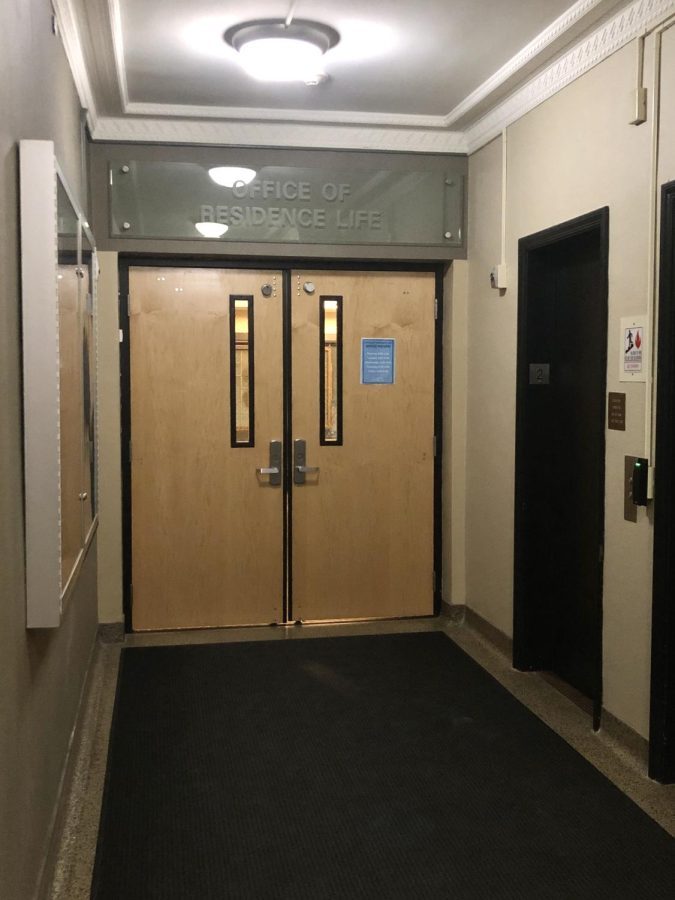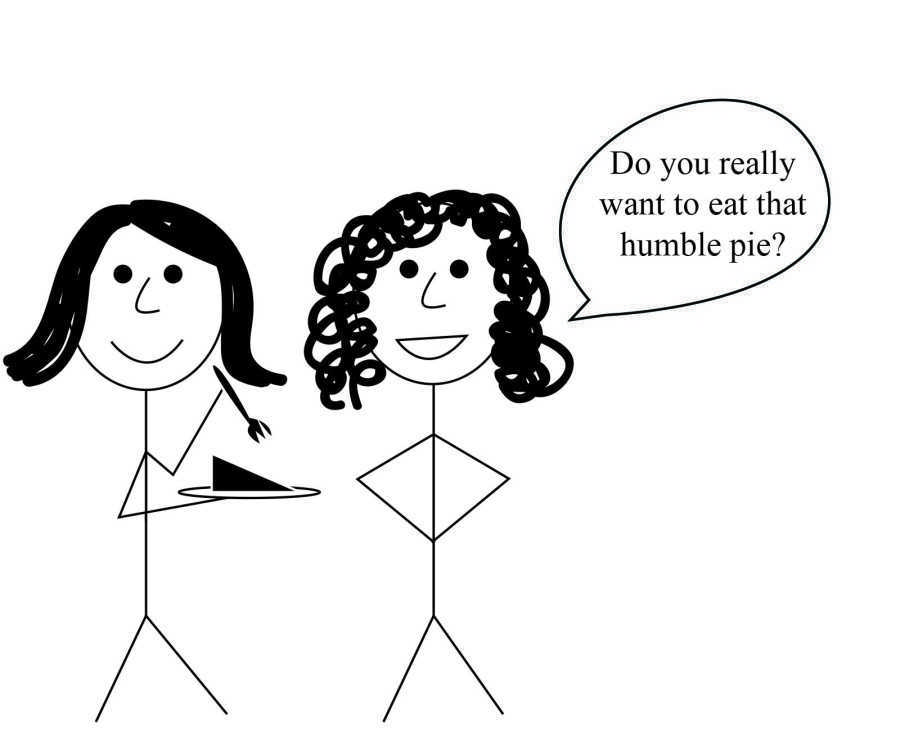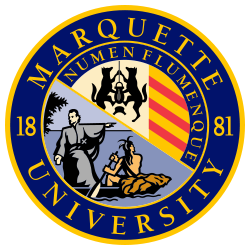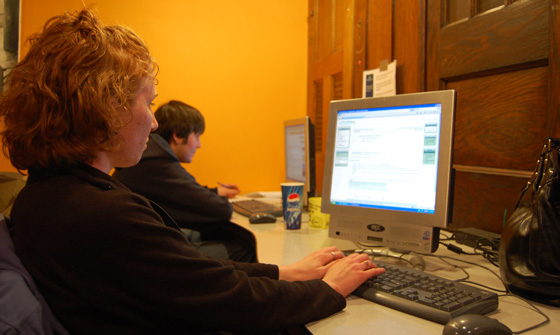 Application season has to be one of the most stressful times in students’ lives. Whether it is for undergraduate or graduate schools, or a place in the workforce, there seem to be an infinitesimal amount of material to be prepared. I’m knee deep in the process, constructing my applications for graduate school: editing writing samples, preparing for the GRE, writing multiple personal statements, discussing the pros and cons of particular PhD programs with my mentors and eagerly checking online forums for advice on the process.
Application season has to be one of the most stressful times in students’ lives. Whether it is for undergraduate or graduate schools, or a place in the workforce, there seem to be an infinitesimal amount of material to be prepared. I’m knee deep in the process, constructing my applications for graduate school: editing writing samples, preparing for the GRE, writing multiple personal statements, discussing the pros and cons of particular PhD programs with my mentors and eagerly checking online forums for advice on the process.
It is here that I have come across a recurring theme mentioned in any conversation about applying for something — luck. Not luck in the sense of a lottery, but rather luck compounded with an applicant’s qualifications, the program’s expectations and timing. In the graduate school application process there are essentially two tiers of applicants: a minimum and a maximum. If you fit the expectations of the program, you are essentially above the minimum. You are a contender for admission but not a standout candidate. If you are above the maximum, you not only fit the criteria of the program but also excel more than those who are in between the minimum and maximum requirements. But there is a catch: your above-average eligibility does not guarantee you a position.
Admitted students fit the parameters of the program in terms of academic standing as well as interests. Here, the idea of luck and expectations comes into play. If a student above the maximum has a research interest that does not fit the expectations of the program during a particular application season, chances are he or she will be denied. This is a decision that is up to the admissions committee. There are a great many variables that play into this. Alternatively, if I am interested in the particular area of focus that the school specializes in but do not have experience with their research methodology, this could be reason for denial.
There is no way to find out the precise expectations of the program and tailor one’s application to it. No one has an inkling of what the outcome might be for their multiple applications. It is an odd thing to realize, but embracing the fact that, even after four years of hard work, there may not actually be any good reward is necessary when approaching this scenario. This same reasoning can be applied to other application forms. Depending upon the timing of applications and expectations of committees to jobs or internships, credentials can only go so far. No one application is ideal enough to have 100% certainty. And so, because of this, all different types of applications must be approached skeptically.
We always enjoy the romantic notion that students in specialized positions are there as a result of hard work and beating out the competition. Are we willing to accept that luck probably played some role in the attainment of such a position? I would like to think so. Am I willing to accept that luck plays a role for me this application season? I am going to have to, whether I like it or not.








